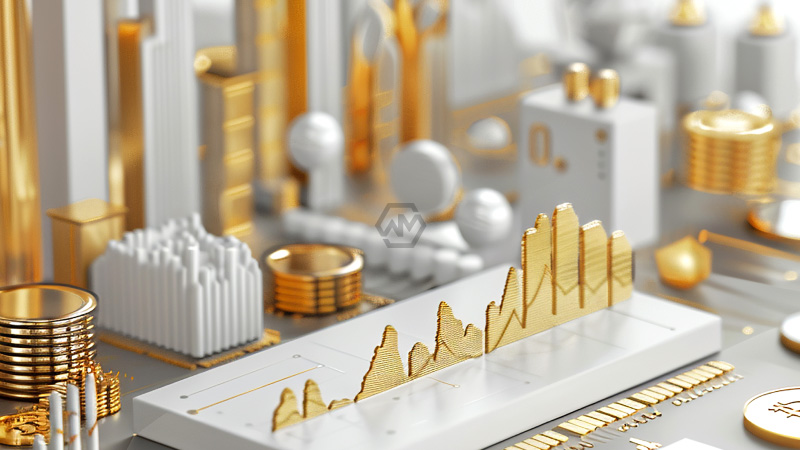- Global central banks have purchased over 1,000 tonnes of gold annually for three years straight.
- Geopolitical instability and inflation fears are driving the demand.
- Gold offers a hedge against currency volatility and declining trust in fiat systems.
Gold has regained prominence as a preferred reserve asset, with central banks intensifying purchases in response to an unstable global landscape.
Beyond short-term risk mitigation, this gold-buying spree also signals a structural shift. Central banks, especially in emerging markets, are working to diversify away from the US dollar to reduce reliance on Western financial systems.
Gold Reserves Surge: The New Currency of Confidence in a Fractured World
In 2025, global central banks have broken records for the third consecutive year by accumulating over 1,000 tonnes of gold—more than double the pre-2020 average. This renewed focus on gold stems from heightened geopolitical uncertainty, with major flashpoints like the Middle East conflict triggering global market jitters and oil price shocks.
The price of gold has surged to $3,393 per ounce globally and Rs 195,900 per tola in Nepal, reflecting the metal’s appeal as both a hedge and a store of value. These sharp gains coincide with falling equity markets and a cautious investment environment, especially as investors brace for delays in rate cuts from the US Federal Reserve.
For many nations, gold is more than just an inflation hedge—it’s a shield against currency weaponization. Countries like China, Russia, and Turkey are leading the shift toward reserve diversification, seeking autonomy from the US dollar’s dominance amid growing economic blocs and a multipolar global order.
The rise in silver prices also signals broader market anxieties, but gold remains the cornerstone of monetary confidence. As financial systems grow more fragmented, central banks are clearly betting on gold’s timeless value and insulation from political risk.
In a world rife with volatility, central banks are leaning on gold not just as a commodity—but as a compass for navigating economic transformation and geopolitical realignment.
“Gold is money. Everything else is credit.” – J.P. Morgan



